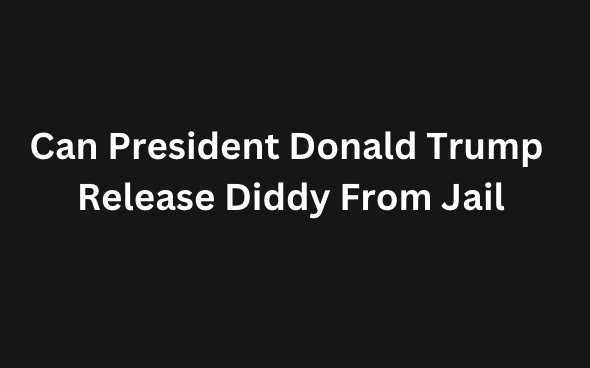Can President Trump Release Diddy from Federal Jail? HOLR Breaks Down Legal and Controversial Implications.
Donald Trump Diddy
As of now, Donald Trump, as the sitting president of the United States, holds the power to grant pardons for federal crimes.
This includes the ability to release individuals from federal prison, but it is not as simple as just issuing a pardon upon request. The president’s power to pardon is rooted in the U.S. Constitution, specifically Article II, Section 2, which allows the president to forgive or lessen the penalties of those convicted of federal offenses. However, this power is typically exercised after a thorough legal process, and not based on celebrity requests or public opinion alone.
No, President Trump or any sitting president does not have the authority to release someone from federal jail without following the proper legal procedures. While the president does have the power to grant pardons or commutations for federal offenses, this power is typically exercised after due legal process.
Kanye West P Diddy
Recently, Kanye West tweeted “free puff,” referring to Sean “Diddy” Combs, who is reportedly facing trial on charges related to racketeering conspiracy and sex trafficking. The tweet called on President Trump to release Diddy from federal jail, which has sparked widespread controversy. While celebrity influence is undoubtedly powerful, the legal system operates independently of popular opinion. A pardon for Diddy would require him to apply for one, and there would likely be a review process involving legal authorities, rather than a blanket release. If “Diddy” refers to Sean “Diddy” Combs or any other person, unless they are specifically granted a pardon by the president, they would not be able to be released from jail directly by the president.
It’s important to note that Trump could, in theory, exercise his pardoning powers to intervene in Diddy’s case if he were convicted of federal crimes, but such actions would face scrutiny and public debate. Ultimately, any decision to release Diddy would require careful legal and ethical consideration, balancing the power of the president with the importance of upholding justice.
Pardons or commutations can be granted to individuals convicted of federal crimes, but this is usually done after a review of the case, and it’s not an automatic or immediate release.
The president can issue a pardon for federal crimes but does not have jurisdiction over state-level crimes or the authority to intervene in ongoing legal processes without due consideration.
What are the biggest stories trending online today? Read the latest here
Published by HOLR Magazine


